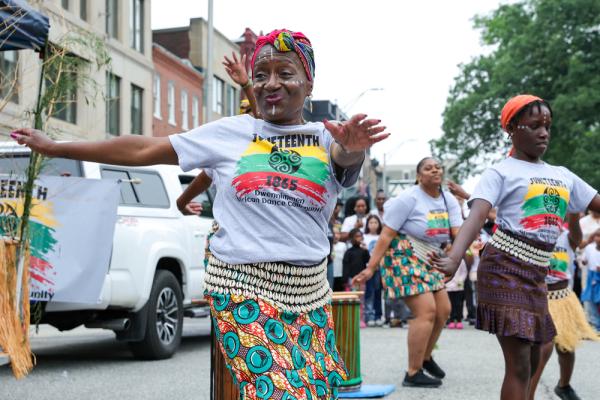Jun 18, 2025
This week, the staff at Sojourners will have some well-deserved additional time off as we pause on Thursday to observe Juneteenth. I want to share why we do this — and why I hope other American Christians will join us in honoring this day as part of our shared call to justice.
Read the Full Article

Already a subscriber? Login
